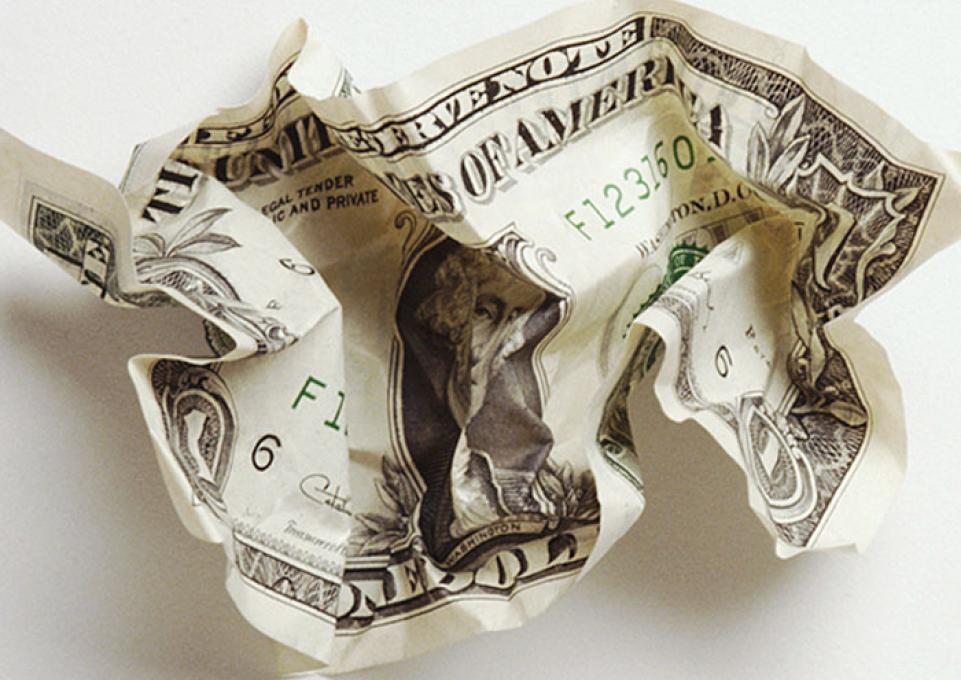
What is Modern Monetary Theory (MMT)? And how is it being used in our current political discourse?
Those questions and much more will be debated during a panel discussion on Saturday, May 11, starting at 2:00 p.m. in the Peter and Elizabeth C. Tower Auditorium at the Burchfield Penney Art Center. The debate is free and open to the public.
The panel, “MMT: Mystery, Magic, or Trend,” features all Buffalo State faculty: Fred Floss, chair and professor of economics and finance; Bruce Fisher, director of the Center for Economic and Policy Studies; Ted Schmidt, professor of economics and finance, and Joelle Leclaire, associate professor of economics and finance.
Essentially, MMT proposes that a government that issues its own money will not fail at meeting its obligations. No matter if it’s increased military spending or universal healthcare, the government can print money to cover its obligations, and pay the bills. In fact, some say that President Donald Trump has embraced the theory, as the deficit has doubled since he’s been in office.
Leclaire is a graduate of the University of Missouri at Kansas City, which is the academic home of MMT. That gives her extra insight into the theory, Schmidt said.
Once considered a fringe and underground economic theory, MMT has recently cropped up, and is going mainstream, Schmidt said.
“The ideas have started to gain popularity,” he said.
One of the ways it’s entered the current political culture is through U.S. Representative Alexandria Ocasio-Cortez’s Green New Deal (GND). The representative of New York's 14th congressional district has floated MMT as a way to fund the GND.
The downside of MMT, some economists argue, is that it could lead to various inflationary risks.
While it’s mostly progressive Democrats who are pushing the theory, Schmidt said, Republicans tend to use deficit spending similar to what MMT suggests.
“It’s a weird thing,” he said.
While the panel discussion is Buffalo State-centric, Schmidt said he hopes to reach economists and academics at other local institutions and bring them into the conversation.
After all, MMT isn’t going away anytime soon.
